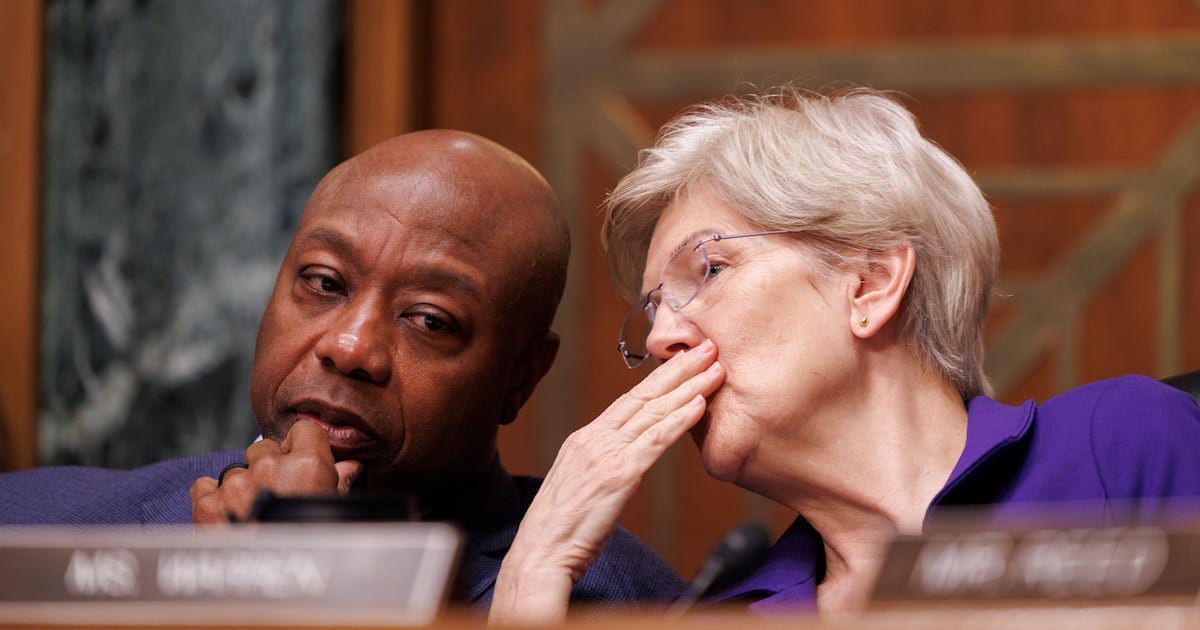BlackRock CEO Larry Fink described the tokenisation of stocks and bonds as representing “the next generation for markets.” However, Senate Democrats voice concerns that this technological shift could potentially cripple the U.S. financial system.
The Debate: Senate Discusses Crypto Regulation
Senate lawmakers on the Committee on Housing, Banking, and Urban Affairs addressed “market structure legislation” this Wednesday. The discussion centres on defining the regulatory status of cryptocurrency in the U.S., with the tokenisation of real-world assets like stocks and bonds taking prominence.
Mitigating Unintended Consequences
Massachusetts Senator Elizabeth Warren stressed the critical need for any crypto regulation bill to avoid “massive unintended consequences,” cautioning they could harm the foundational $120 trillion U.S. capital markets.
Tokenisation involves representing real-world assets as tradable tokens on blockchains. Proponents highlight benefits like instant settlement and 24/7 trading.
Yet, Senate Democrats fear tokenisation, possibly combined with regulatory exemptions for decentralised finance (DeFi) within proposed legislation, will create loopholes allowing companies to bypass century-old investor protection laws.
Market Structure Legislation
Earlier this month, the House of Representatives advanced the Clarity Act. This bill proposes transferring oversight of the crypto industry primarily to the Commodity Futures Trading Commission (CFTC) rather than the Securities and Exchange Commission (SEC).
Under the Clarity Act, centralised “digital commodity” issuers would be required to provide extensive information to the SEC and the public, including financial details, tokenomics, and a path to decentralisation.
The legislation, however, proposes lighter regulations for “mature blockchain systems” deemed sufficiently decentralised. It also exempts many DeFi activities from these regulations.
On June 24th, Senate Republicans released “principles” for regulation mirroring Clarity Act provisions. Senate Banking Committee Chair Tim Scott labelled this a vital step for providing “clarity” and “light-touch guardrails,” with a September deadline for passing legislation.
Warren’s ‘Back Door’ Worry
Warren labelled Republicans’ proposals a “back door to destroy the securities laws” foundational to U.S. capital markets. She specifically stated the Clarity Act would “allow non-crypto companies to tokenise their assets to evade the SEC’s regulations,” allowing established companies (like Meta or Tesla) to potentially bypass SEC oversight by moving stock onto a blockchain.
An apparent contradiction occurred alongside these legislative discussions: Robinhood, under SEC scrutiny for promoting non-regulated tokens, gave away tokens purportedly offering exposure to OpenAI and SpaceX. OpenAI quickly distanced itself from the giveaway, clarifying the tokens were not equity. SEC Commissioner Hester Peirce later clarified that while blockchain technology exists, tokenised securities retain their securities nature.
Republican Senator Cynthia Lummis characterised the debate through the lens of historical government apprehension towards technological change (“cypherpunks”), while Senator John Kennedy voiced skepticism regarding the extent of special rules needed for digital assets.












